Finding Serenity in Soil: A Review of ‘The Well-Gardened Mind’
The Well-Gardened Mind, by Sue Stuart-Smith, took me by surprise! I ordered it as an inspirational book for my theme this month but had no idea how much I would personally take from reading it.
This book is full of wisdom, overflowing to be exact. Stuart-Smith packs in so many stories about how working with and being in nature has a massive positive impact on our growth. She also shares how being in nature can help us heal.
Here are some of my favorite quotes from The Well-Gardened Mind:
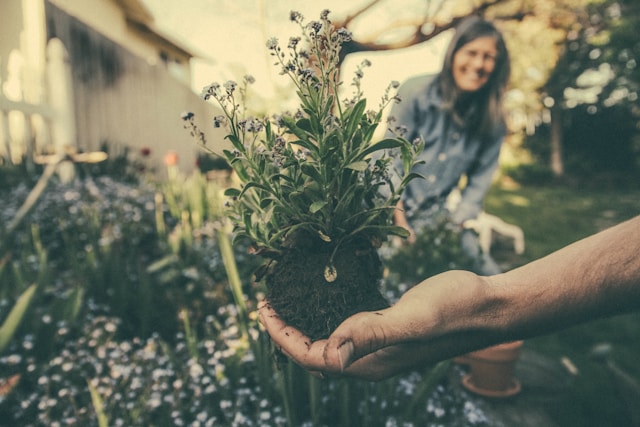
1. “Gardening is more accessible than other creative endeavors, such as painting and music, because you are halfway there before you start; the seed has all its potential within it – the gardener simply helps unlock it.”
Gardening is a popular and fulfilling hobby that many people enjoy. Unlike other creative activities like painting or playing music, gardening offers a unique experience because you are already equipped with the necessary tools to create something beautiful.
Whether it’s planting seeds or tending to existing plants, gardening allows us to tap into our inherent ability to nurture and grow.
2. “One of the most fascinating aspects of gardening is how much potential lies within a tiny seed. A simple seed contains all the necessary components for a plant to grow and thrive – it just needs the right conditions and care from a gardener to fully flourish.”
This is so refreshing. We don’t have to manifest out of thin air. Instead, we already have what we need inside, and our only job is to nurture it and to bring about its unfolding.
As I write this, I love this topic even more. Manifesting isn’t willing something outside of ourselves to happen. We already have the seed within. We only have to allow the potential within ourselves to actualize.
3. “When we sow a seed, we plant a narrative of future possibility. It is an action of hope. Not all the seeds we sow will germinate, but a sense of security comes from knowing you have seeds in the ground.“
My favorite quote from the book. We acknowledge the future possibility by planting the seed. It’s our hope that keeps us safe and grounded.
With this analogy in mind, think about your creative potential. What are the seeds that you have within you? And what unique talents and passions do you possess that are waiting to be nurtured and brought to life? What dreams do you have for your life?
Just like a gardener carefully tending to their garden, we can witness our dreams coming to fruition with patience, dedication, and nurturing.
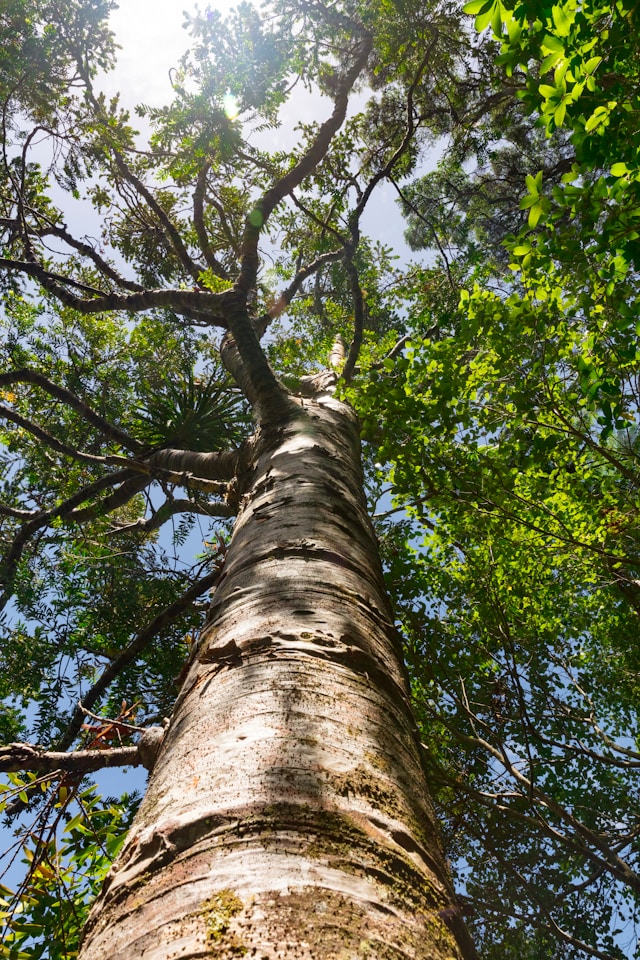
4. “Trees give structure and a sense of enduring life to a place. They make us feel safe and protected. Their size and beauty contribute to how easily we develop strong attachments to them. “
The Well-Gardened Mind teaches us that as we go through all our phases and seasons, it can be so comforting to witness the stillness and peace of trees.
We need roots to ground us. And with the proper sunlight, water, etc., we can continue to thrive every year.
The thing about trees that brings me the most comfort is their stillness. They are always there, sheltering and protecting us.
5. “Gardens are particularly effective at bringing the body to a lower level of physiological arousal in this way. Plants may sometimes be spiky or poisonous, but they will never make sudden movements or jump out at you, so you don’t have to be on your guard or watch your back when working in their company.”
The author describes how gardening helps people suffering from PTSD. They can let their guard down when working with plants, as they offer a feeling of safety.
I guess what she’s saying here is that it’s harder to feel stressed and anxious when working with plants.
Gardening, in itself, calms us.
6. “Caring for plants is intrinsically a mindful activity, whereas care that is carried out in an inattentive or mindless way is not true care. To practice true care means becoming receptive to another as we tune in and focus on the needs of someone or something outside ourselves.”
I love this quote from The Well-Gardened Mind. We know the benefits of mindfulness, and seeing how gardening requires mindfulness allows us to move into a receptive, aware state automatically. As we care for the plants, we also care for ourselves.
While gardening, we can focus on something simple yet fulfilling. The mindfulness we cultivate has the power to quiet our racing thoughts and find tranquility in the present moment.
In addition, gardening can serve as a form of physical exercise. Being outdoors, digging in the dirt, lifting heavy pots, and watering cans all contribute to a full-body workout. This benefits our physical health and releases endorphins that improve our mood and reduce stress.
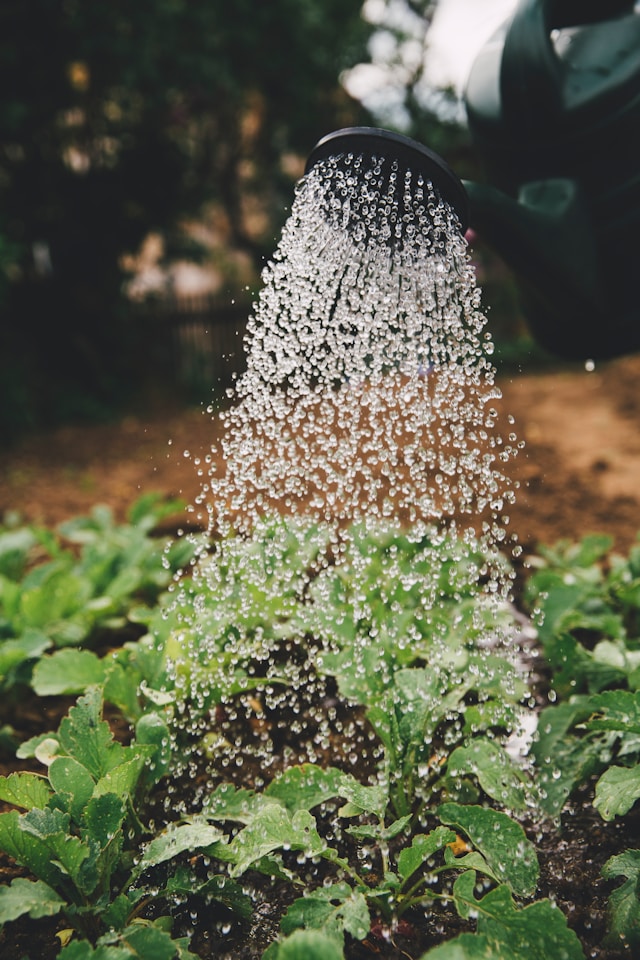
7. “Eddie spoke with passion about how his relationship to the garden had developed. ‘You see so many beautiful things,’ he said, which made him feel ‘there is a God, and it’s bigger than me.’ This sense of being part of something larger was striking.”
Gardening can be a profoundly spiritual experience, allowing us to connect with nature and feel a sense of belonging to something bigger than ourselves. Eddie’s words perfectly capture this feeling as he describes the garden’s beauty and how it makes him believe in something greater.
There is also something inherently nurturing about caring for plants. As we tend to their needs and watch them grow, we are reminded of our ability to nurture and care for others and ourselves. Gardening teaches us patience, compassion, and responsibility, all essential qualities in building healthy relationships.
Also, gardening encourages us to slow down and appreciate the present moment. In a world where everything moves at such a fast pace, taking the time to care for plants forces us to be mindful
8. “Spending time in nature, and not necessarily very much time—twenty minutes can suffice—restores our mental energy and strengthens our brains’ ability to focus. Gardening provides a peaceful and meditative space to reconnect with ourselves and escape from the constant stimulation of technology.”
As we witness the miracle of growth and transformation in our plants, we are reminded that life itself is a miraculous process. It reminds us to have faith in things beyond our control and believe in something greater than ourselves. In a world where chaos and uncertainty can often feel overwhelming, tending to a garden can bring a sense of calm and purpose.
We need the comfort and stability of nature to ground our overstimulated and hyperactive minds.
9. “Trees, parks, and gardens work on us gradually, softening our gaze. Everyone shifts a little bit closer toward empathy and human connection.”
I love the idea of interconnectedness with nature. We are all connected. Nature takes care of us and reminds us to care for others.
As you tend to your plants, you’ll start to notice small changes and growth over time. This sense of progress can be gratifying and serve as a reminder that even in times of chaos, beauty, and growth are still happening all around us.
Our gaze softens as we meld into the world around us. We are all connected.
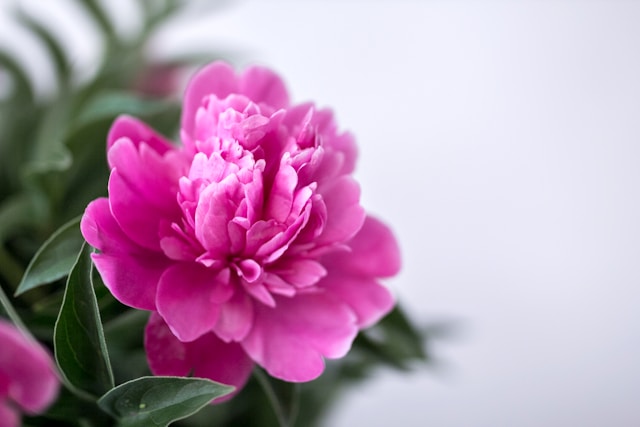
10. “Freud was fascinated by the hold that beauty can have over us: ‘The enjoyment of beauty,’ he wrote, ‘has a peculiar, mildly intoxicating quality of feeling,’ and while beauty can’t protect us from suffering, it can, as he put it, ‘compensate for a great deal.'”
In this section of The Well-Gardened Mind, Stuart-Smith describes how Freud appreciates the ephemeral quality of beauty. It doesn’t last, but we remember it for a lifetime.
When we take the time to notice a flower in a garden, we are forced to be fully present and engaged at that moment.
Our appreciation for a beautiful plant or natural flower can last in our minds.
And the simple, magnificent beauty of a flower can comfort us in unexpected ways.
Bonus: “Nature pays no heed to our social structures: flowers bloom, and fruits and vegetables grow regardless of an individual’s wealth or class.”
In this way, gardening can be a great equalizer and reminder of the simple joys in life. It allows us to connect with nature and find peace in its simplicity.
We are all equal on a fundamental level, and plants and gardens remind us of this.
It’s empowering to see nature’s lesson here. We all have the same powers within. We don’t always recognize our similarities.
So, what do you think? What stuck out to you? Let me know in the comments below.

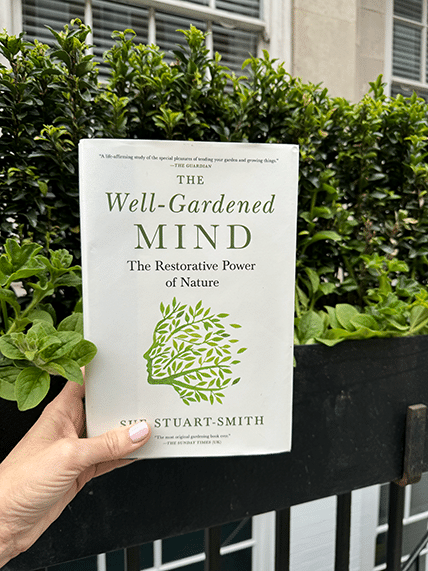




Leave a Reply
Want to join the discussion?Feel free to contribute!